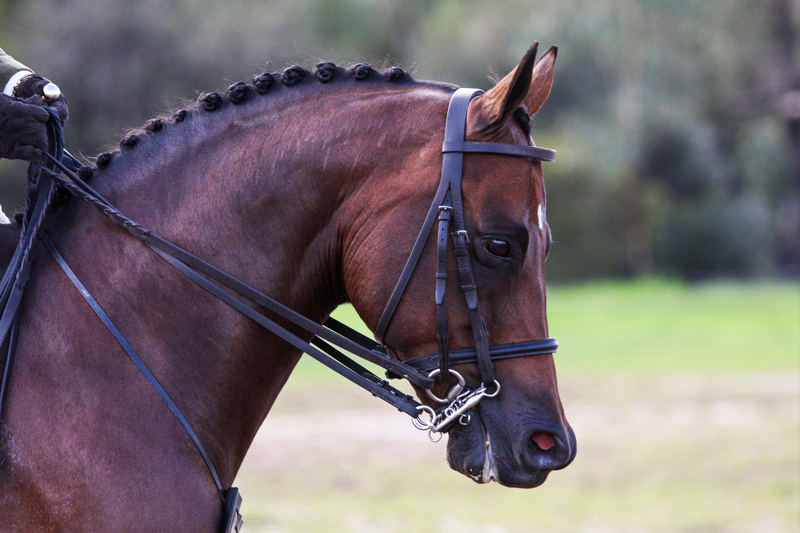TRENTON, NJ—A 15-year-old mare from Atlantic County has become the first horse in New Jersey to contract Eastern Equine Encephalitis (EEE) in 2024.
The state’s Department of Agriculture confirmed the case after the horse exhibited symptoms including fever and ataxia, and unfortunately succumbed to the disease on Friday, August 3.
EEE, a mosquito-borne virus, leads to severe brain inflammation in horses and is more deadly than West Nile Virus, another mosquito-transmitted disease. Despite being recently vaccinated on July 29, the mare’s previous vaccination history remains unclear, which could have impacted her vulnerability to the virus.
Mosquitoes transmit EEE by cycling the virus between birds and mosquitoes, with horses and humans as incidental hosts. This makes horses dead-end hosts, indicating that they do not significantly increase the risk of human infection.
Nonetheless, the presence of EEE in horses is a critical concern due to its high mortality rate.
New Jersey currently reports mosquito populations close to the five-year average, with the first EEE-positive mosquito pool of the year identified in Cape May County. Additional pools have been detected in Morris and Union counties, prompting state officials to urge livestock owners to vaccinate their animals against both EEE and West Nile Virus.
New Jersey Secretary of Agriculture Ed Wengryn emphasizes the importance of proactive vaccinations to reduce the risk of these lethal infections. Owners are advised to ensure their horses are up-to-date with vaccinations and to report any suspected cases of viral neurological diseases to the State Veterinarian within 48 hours of diagnosis.
